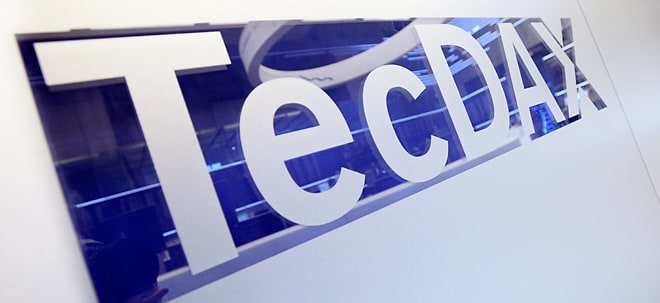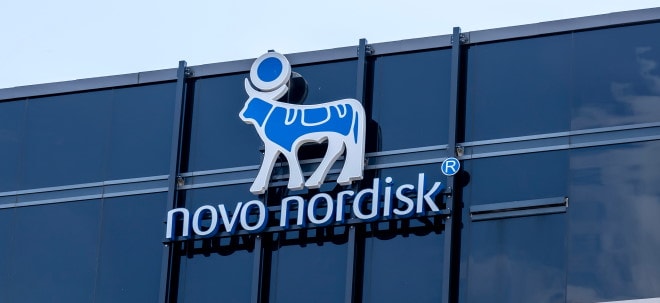WASHINGTON - Mortgage rates fell this week to the lowest level on record, giving consumers added incentive to lock in low payments for home purchases and refinanced loans. The average rate for 30-year fixed loans sank to 4.69 percent, from 4.75 percent last week, mortgage company Freddie Mac said Thursday. That's the lowest point since Freddie Mac began tracking rates in 1971. The previous record of 4.71 percent was set in December. Rates for 15-year and five-year mortgages also hit lows. Mortgage rates have fallen over the past two months as nervous investors have shifted money into the safety of Treasury bonds. The demand for Treasurys has caused Treasury yields to fall. And mortgage rates tend to track the yields on long-term Treasurys. Yet the falling rates have yet to spark a home-buying boom — or energize the economy. New-home sales collapsed in May after homebuying tax credits expired. The economy also remains under pressure from high unemployment. And many people don't qualify under tightened lending rules. "As long as prospective homebuyers are still concerned about their jobs and financial well-being, many will be reluctant to take the plunge, even though affordability has never been better," said Greg McBride, senior financial analyst with Bankrate.com. Low rates throughout the economy also hurt one group of Americans: savers. Puny rates are especially hard on people living on fixed incomes who are earning next to nothing on their savings. Lending activity remains sluggish. Mortgage application volume dipped 6 percent last week from a week earlier, according to the Mortgage Bankers Association. Refinancing activity fell 7 percent. And mortgage applications to buy homes slipped 1.2 percent. Many Americans owe more on their mortgages than their homes are worth — often called "under water" — and can't refinance. The Obama administration has launched programs to help borrowers refinance if they owe up to 25 percent more than their home's value and have loans owned or guaranteed by mortgage giants Freddie Mac or Fannie Mae. About 291,000 homeowners have participated as of March. Yet that's a small fraction of the nearly 15 million homeowners who are under water, according to Moody's Economy.com, and cannot refinance. In hard-hit areas in Nevada and Florida, for example, home prices have fallen 50 percent or more from their highs. Record-low rates can't rescue those homeowners. "It's not the desire to refinance; it's the ability to refinance," Chris Brown, a loan officer with Trinity Mortgage Co. in Orlando, Fla. "A lot of the people who can already have." Given the costs of refinancing, some mortgage experts say a refinancing can be worthwhile if you can shave at least 0.75 percentage point from an existing rate. Others suggest waiting until you can lower your rate by at least a point. Despite some lenders' ads, refinancing is never free. A fee normally goes to the mortgage broker or lender. There are also fees for title insurance, a new appraisal, document processing and other charges. Often, mortgage brokers or lenders create the appearance of a "no fee" mortgage by adding the costs to a total loan amount or by charging a higher interest rate. People considering refinancing should factor in such fees. They should also calculate how many months it would take to recover them. For those who expect to stay in their home for two years or less, the fees might outweigh the savings from a lower rate. Freddie Mac collects mortgage rates on Monday through Wednesday of each week from lenders around the country. Rates often fluctuate, even within a given day. Rates on 15-year fixed-rate mortgages fell to an average of 4.13 percent. That was the lowest on records dating to September 1991. It was down from 4.2 percent a week earlier. Rates on five-year adjustable-rate mortgages averaged 3.84 percent, down from 3.89 percent a week earlier. That was also the lowest on Freddie Mac's records, which date back to January 2005 for such loans. Average rates on one-year adjustable-rate mortgages fell to 3.77 percent from 3.82 percent. That was the lowest average since May 2004. The rates do not include add-on fees known as points. One point is equal to 1 percent of the total loan amount. The nationwide fee for loans in Freddie Mac's survey averaged 0.7 a point for 30-year, 5-year and 1-year loans. The average fee for 15-year loans was 0.6 of a point. |


 Thread abonnieren
Thread abonnieren










